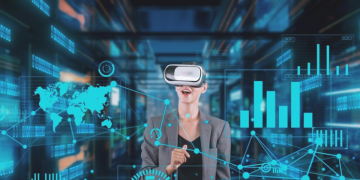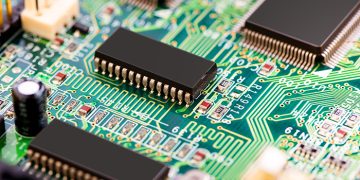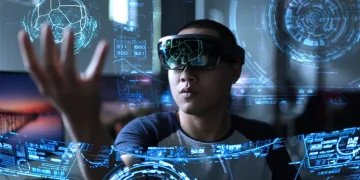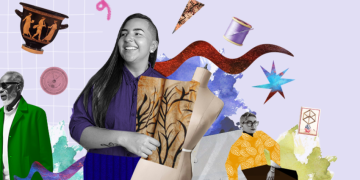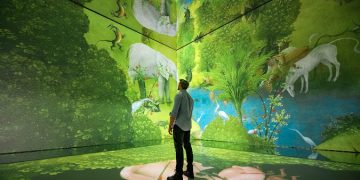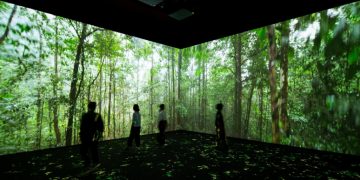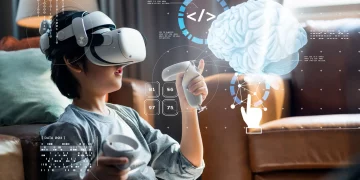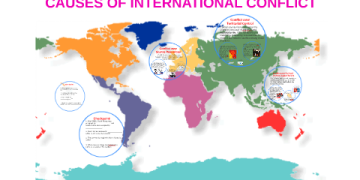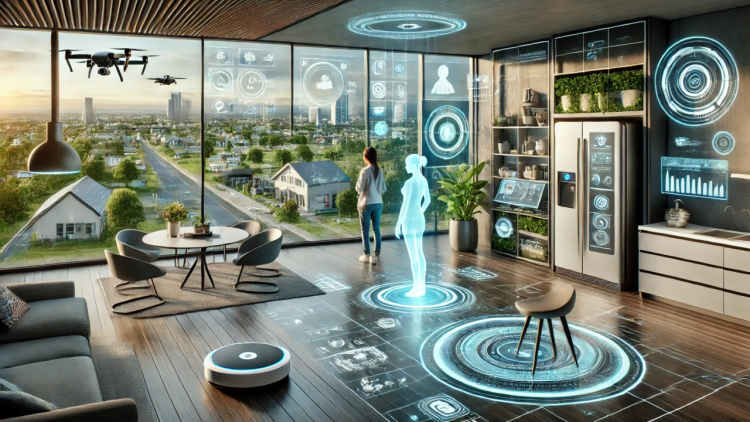Introduction
Virtual reality (VR) and artificial intelligence (AI) are rapidly reshaping the fabric of human life, offering new ways to interact with our surroundings, work, learn, and even form relationships. As these technologies evolve, they will redefine human experiences in profound ways. This article explores how VR and AI will influence daily life, the challenges they present, and the future they promise.
1. Trends Shaping the Future: VR and AI’s Role in Everyday Life
Virtual Reality: A New Dimension for Interaction
Virtual reality is transforming how people engage with both digital and physical worlds. Key trends include:
- Immersive Entertainment: VR is revolutionizing the gaming and entertainment industries, offering fully immersive environments that engage all the senses.
- Virtual Socializing: Social media platforms are adopting VR to create virtual spaces where users can interact with one another in 3D environments.
- Remote Work and Learning: Virtual reality is enhancing remote collaboration and education, allowing people to participate in virtual meetings or immersive classrooms from anywhere.
Artificial Intelligence: Enhancing Personalization and Efficiency
AI is already integrated into daily life through applications like voice assistants, recommendation algorithms, and autonomous vehicles. Key trends include:
- Personal Assistants: AI-powered assistants such as Siri, Alexa, and Google Assistant are becoming more intuitive, managing schedules, controlling smart home devices, and answering queries.
- Healthcare Advancements: AI will increasingly be used in healthcare for personalized medicine, diagnostics, and treatment planning, revolutionizing patient care.
- Automation of Daily Tasks: AI will take over routine tasks in homes and workplaces, from managing household chores to optimizing work schedules.
2. The Impact: How VR and AI Will Reshape Human Experience
Work and Productivity
AI and VR will redefine how we work:
- Virtual Workplaces: With VR, employees could participate in fully immersive virtual offices, enhancing remote collaboration and productivity.
- AI-Powered Workflows: AI will automate routine tasks and help with complex decision-making, freeing humans to focus on creative and strategic endeavors.
Human Relationships and Communication
Technology will alter how humans communicate and form relationships:
- Virtual Socializing: As VR technology advances, it will offer new platforms for socializing and connecting with others, from virtual coffee shops to 3D social networks.
- AI Companions: AI-driven virtual assistants or even robotic companions may play a role in providing emotional support, companionship, and social interaction.

Healthcare and Wellness
AI and VR will enhance mental and physical well-being:
- Virtual Therapy: VR will be used for therapeutic applications, such as treating PTSD, anxiety, and phobias through exposure therapy.
- AI-Driven Health Monitoring: AI will continuously monitor health metrics, offering personalized health advice and preventing medical conditions before they occur.
3. Ethical and Social Considerations
While the promise of VR and AI is immense, their rapid adoption raises ethical and societal concerns:
- Privacy and Security: The collection of vast amounts of personal data raises questions about privacy and security.
- Mental Health: The line between reality and virtual environments could blur, potentially leading to issues related to addiction and psychological well-being.
- Job Displacement: Automation through AI may lead to job losses, particularly in industries that rely on routine tasks.
4. The Future Vision: A New Era of Human Experience
The future will see a world where VR and AI are seamlessly integrated into our daily lives:
- Hyper-Personalization: With AI, every aspect of daily life—from shopping to entertainment to education—will be personalized based on individual preferences and behaviors.
- Virtual Communities: People may form virtual communities based on shared interests and values, transcending physical and geographic boundaries.
- Augmented Humanity: Enhanced by VR and AI, humans may develop new ways to experience reality, from augmented senses to mind-machine interfaces that improve cognitive abilities.
Conclusion
The future of human experience will be deeply intertwined with technology. As VR and AI continue to evolve, they will unlock new dimensions of interaction, enhance our daily lives, and challenge our notions of reality and identity. However, society must navigate the ethical and social implications to ensure that these technologies benefit all people, creating a future where technology and humanity coexist harmoniously.








